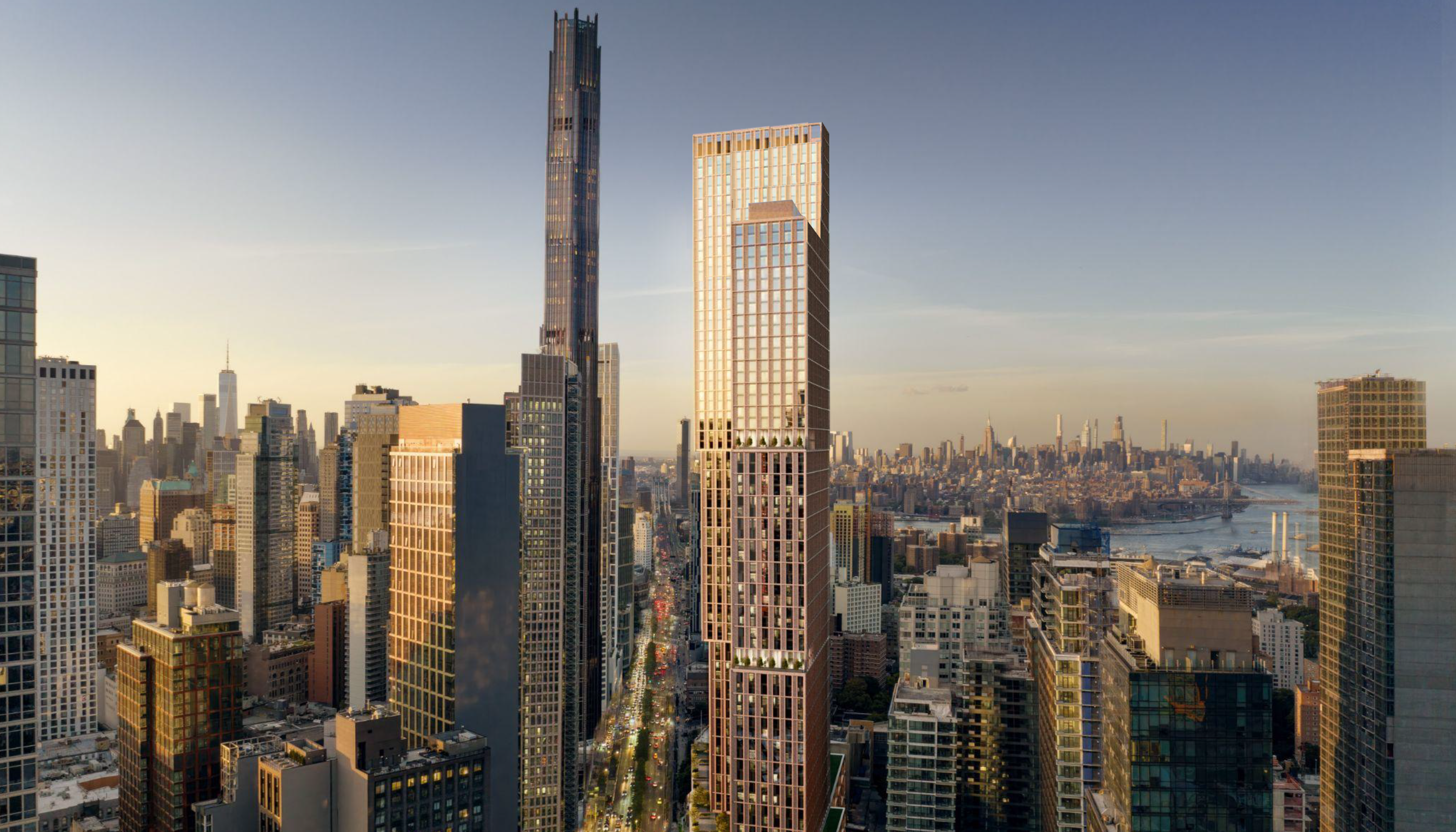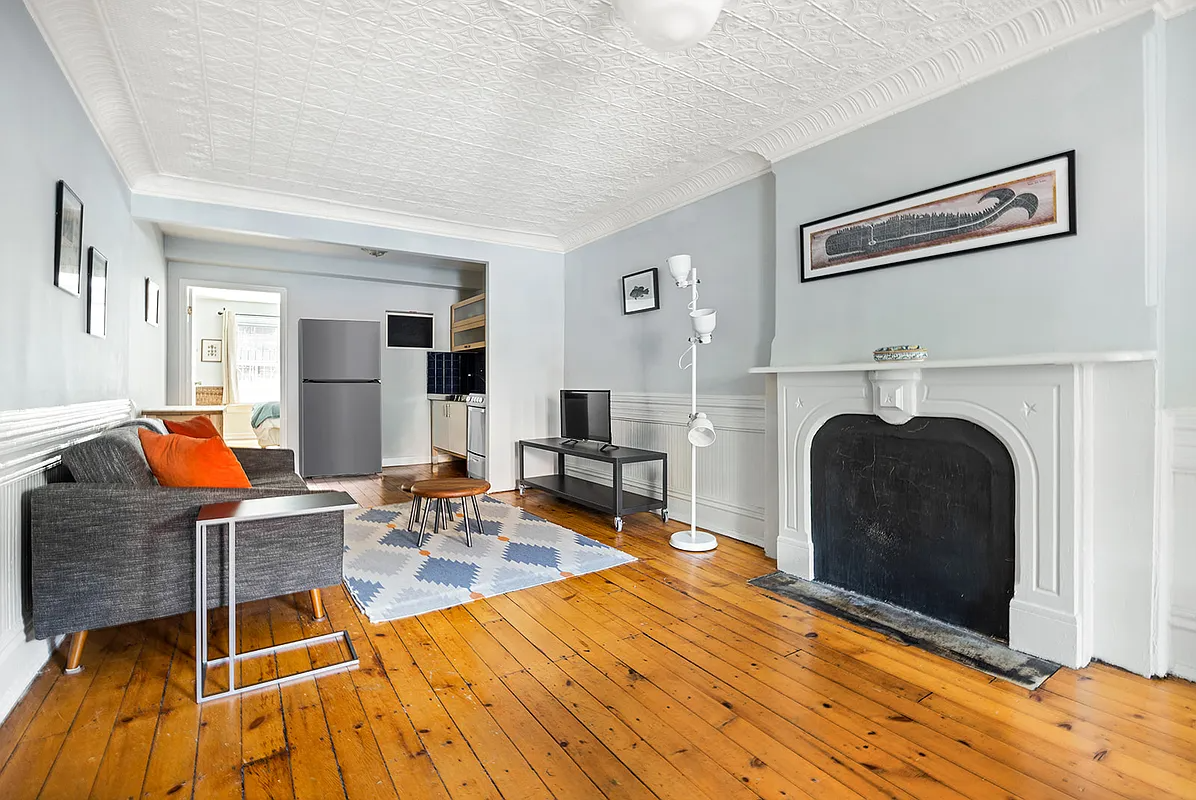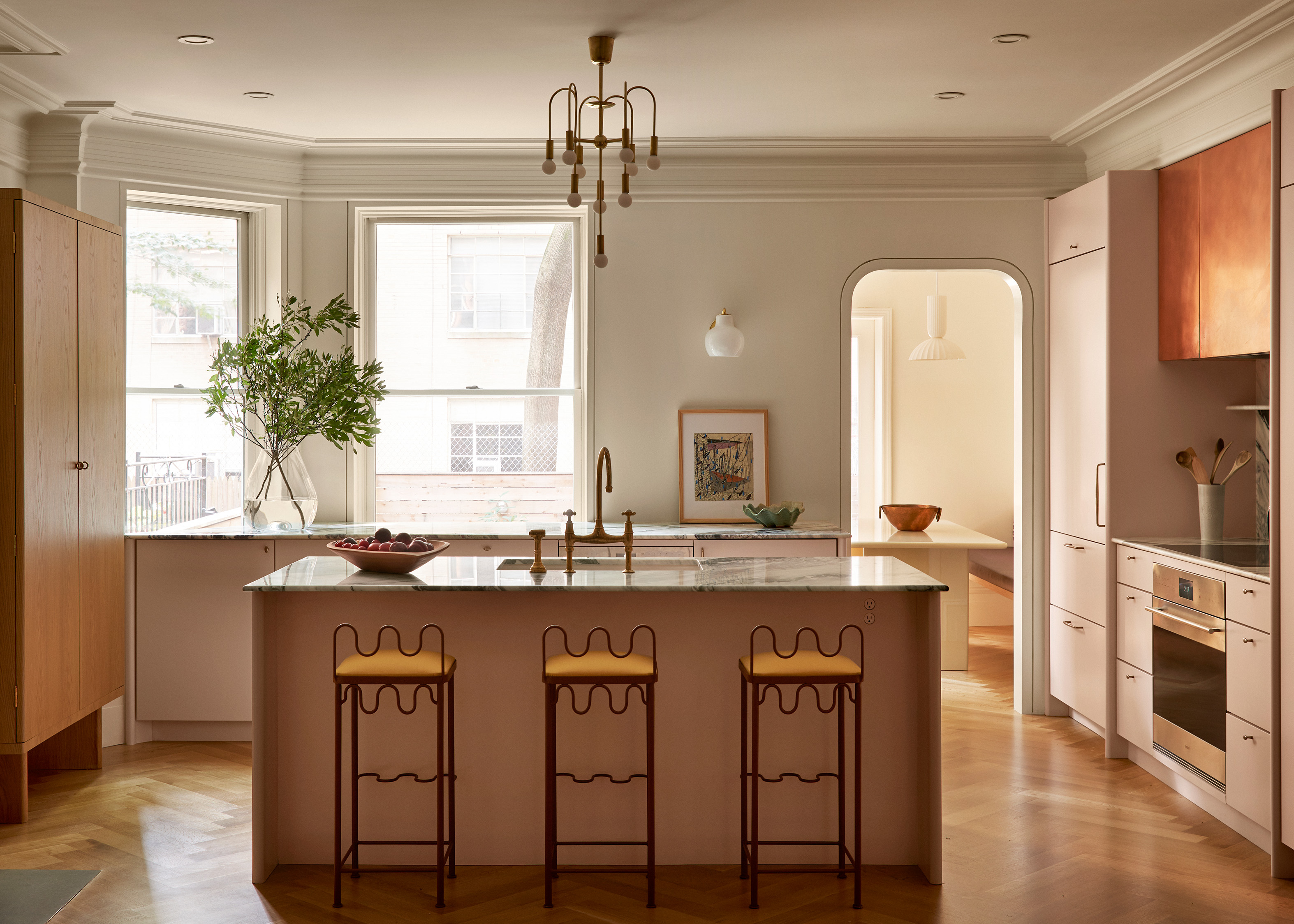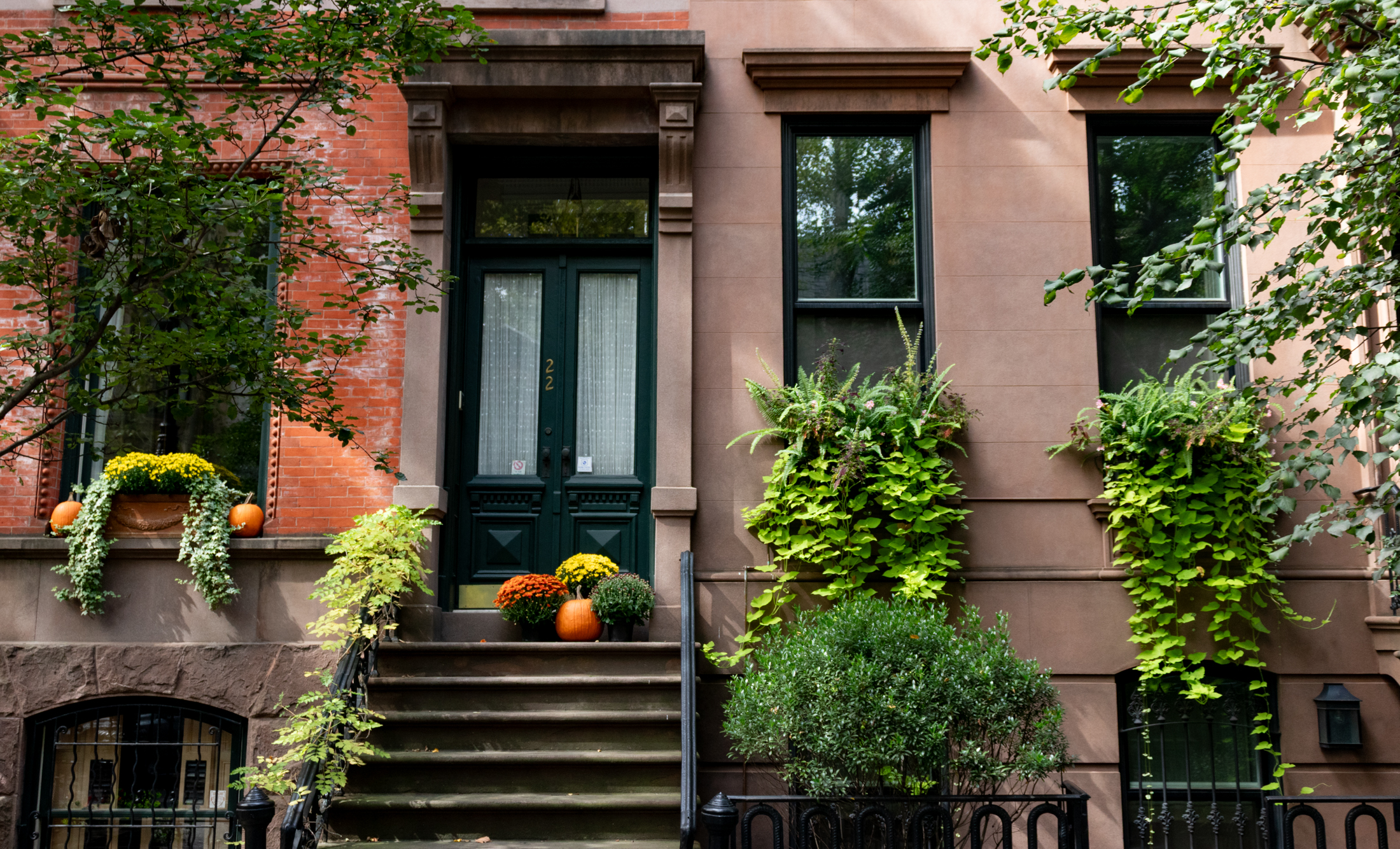AIA Trying to Upzone the Downzoning?
In the wake of a series of “downzonings” around the city over the last couple of years (including such neighborhoods as Park Slope, Fort Greene and Clinton Hill), the New York Chapter of the American Institute for Architects has submitted a proposal to the Department of City Planning for text amendments to the city’s zoning…


In the wake of a series of “downzonings” around the city over the last couple of years (including such neighborhoods as Park Slope, Fort Greene and Clinton Hill), the New York Chapter of the American Institute for Architects has submitted a proposal to the Department of City Planning for text amendments to the city’s zoning code that, the lobbying group argues, would make the code more contextual; critics say it’s just a way to eke out a few more dollars for the AIA’s developer clients. At issue are six changes, five of which would impact medium- and high-density districts (like R6 to R10) and one of which would affect low-density districts. One suggestion by the group is to allow 100% lot coverage on corner lots, instead of the existing 80%; another is to allow multi-family buildings on lots that are less than 18-feet wide; a third is to allow rear dormers. Probably the most controversial is a proposal to increase the maximum base height of a new building by 25% in cases where there are taller adjacent buildings. This would mean, for example, in a R6B zone, the height restriction would rise from 40 feet to 50 feet. According to Aaron Brashear of the Concerned Citizens of Greenwood Heights, the proposals “fly in the face of what the majority of the contextual rezonings in the city have attempted to accomplish: lower density and lower height which equal more light and air.” The public comment period runs through January 7 but it’s unclear at this point whether the proposal is subject to to a full ULURP review. You can be sure there will be strong words tonight at a public forum at Borough Hall that begins at 6 p.m.
Proposed Changes to the Zoning Resolution [AIA NY]
Zoning Amendments Might Produce Bigger, Bulkier Buildings [GL]





Does this mean they feel they no longer have the option of just violating the zoning and self-certifying, or going to the BSA?
g man, updated info I just received via an e-mail from one of the listservs.
Note:
Tonight (Monday, 11/19) is a public hearing and a Borough Board meeting. There will be a presentation and discussion only, with no vote taken. Public will be allowed speak at the hearing. This is one of the arena’s to voice any public concerns (con or pro). It will be at Brooklyn Borough Hall starting at 6:00pm.
AJ, Pursuant to Section 85(b)(3) of the New York City Charter, the borough board cannot vote except at a meeting open to the public. That is consistent with Article 7, Section 102 of the New York State Public Officers Law. There are items on tonight’s agenda that need to be voted on, so the meeting should be opened to the public.
I had been thinking of stopping by myself. I heard that some of the southern Brooklyn neighborhoods were not happy with the yard text amendment proposed by City Planning. But as I mentioned earlier, that didn’t seem to have made it on to the agenda. Perhaps I lost track of a month.
10:27,
Love the expletive-free and grammatically sound first paragraph, and how you then set us up for the unexpected tough guy smackdown in round two, with words and phrases like…
white trailer trash, goddamn, NIMBY, shit (2x!) and asshat(s) (2x!)
Personally I would have included “fucktard,” maybe even twice! Take care, and tell all the guys at AIA that you really do deserve a bonus this year!
g man:
It was my understanding that the Borough Board meetings were not open to public comment.
Please correct me if I am wrong. And i do plan on contacting my Community Board, as I’m sure they would like a say in the matter, as well as giving the community the right to voice their thoughts or concerns.
In case you didn’t notice, the truly wealthy don’t really have much faith in the ponzi scheme known as the stock market. They invest in real estate. You know what restrictive zoning does? It creates a perpetual shortage of virtually every asset class and raises the price of entry into the market.
This insures that the truly wealthy have little competition and have almost no risk in developing real estate. Right now, development in NYC is probably the least risky investment in the entire country, arguably even less risk than US treasury securities with the current devaluation of the dollar.
It is true the a largely insular, conservative upper middle class supports these zoning laws – but the rich do so for very different reasons.
AJ, if you or anyone else wants to comment on the application, I recommend contacting your local community board and learning when they will review it. The borough board isn’t just the borough president. It is also the city council delegation and the chairs of all affected community boards, which in this case I bet is all of them. Done right, each chair’s vote is based on a recommendation that comes out of the community board review and vote.
Of course, a borough board vote was just conjecture when I made my first post. Please note that I said, “perhaps next month.” I would be very (!) surprised if there is a vote tonight. However, tonight may be the only (if any) opportunity for the public to comment at a borough board meeting.
“it’s usually the kicking and screaming minority opinion that has the most sway.”
You’re right. The rich and well-connected never have any sway! It’s not fair!
Down-zoning makes no sense. If people are REALLY concerned about the appearance of their neighborhood and the beauty of the buildings, they should have some sort of architectural review to prevent all the crappy fedder buildings, to prevent buildings without a cornice, to make sure building heights are a minimum of 10′ so the outside windows don’t look pancaked and cheap, and etc..
Down-zoning? Why are dumb people so influential in our lives? Oh wait, that’s right, it’s usually the kicking and screaming minority opinion that has the most sway.